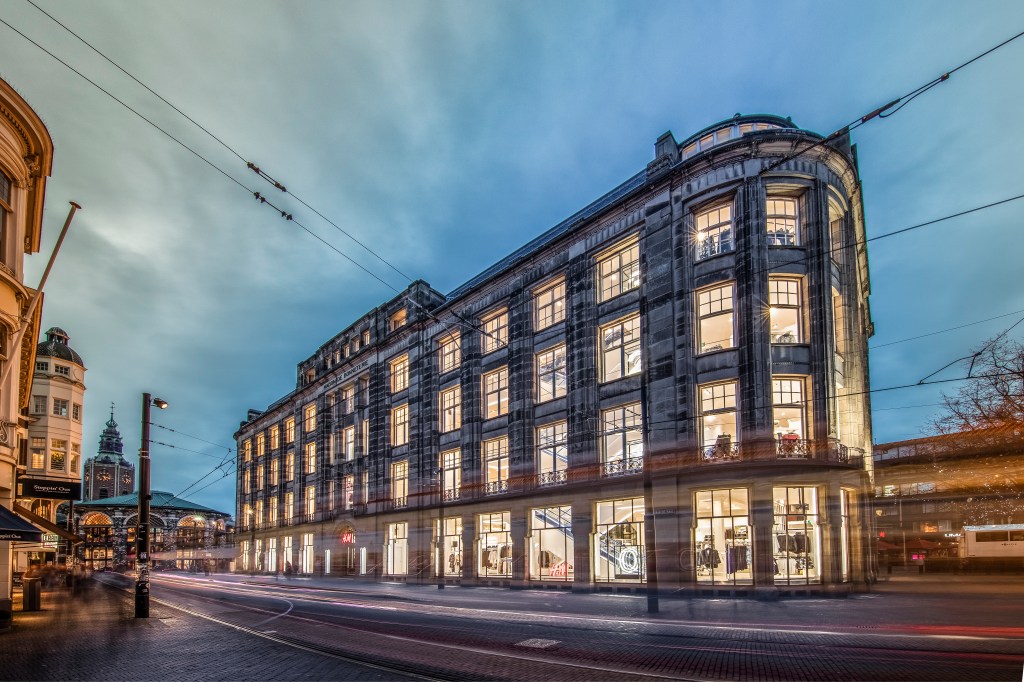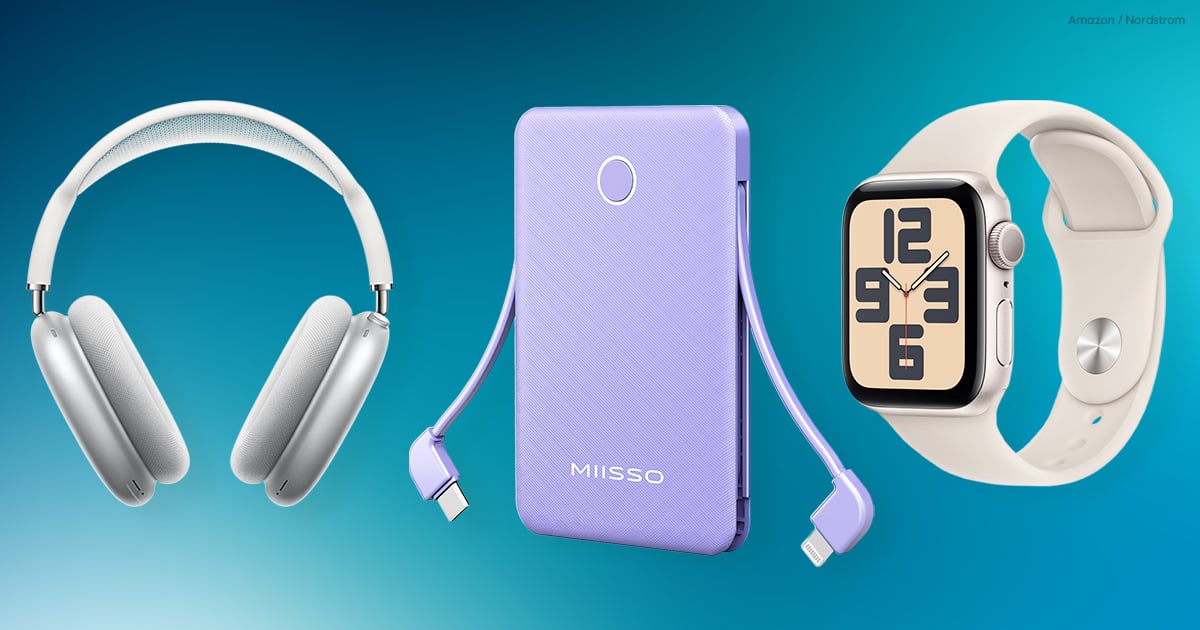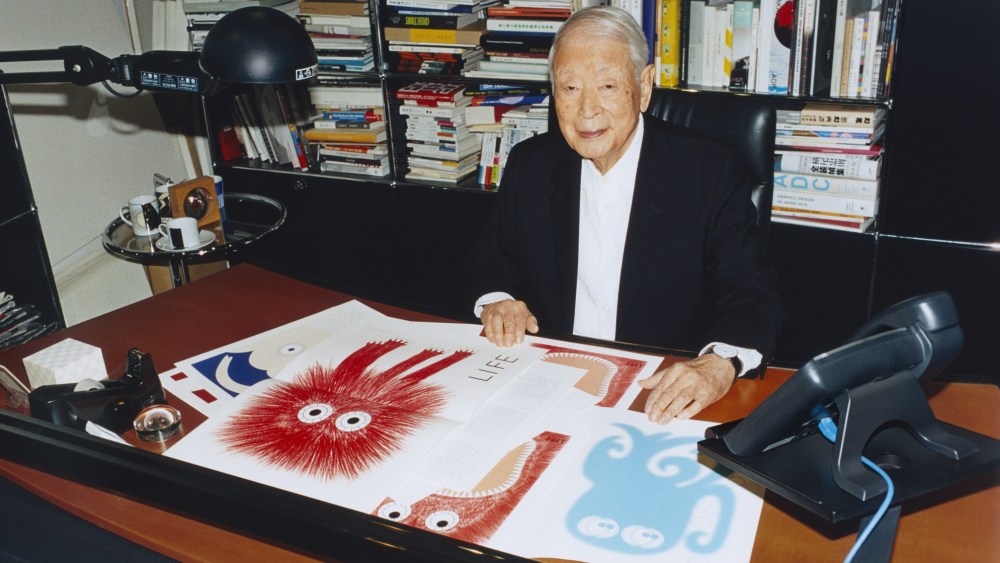PARIS – Sales are still “flattish” at H&M Group.
The Swedish fast fashion retailer reported sales remained mostly the same in local currencies year-over-year in the three months to Aug. 31. The results maintained the trend also reported in Q2, when the company blamed slow sales on the wet European spring.
In reported terms, sales increased by 6 percent to 60.89 billion Swedish kronor, or 5.12 billion euros at current exchange. The Swedish currency has seen a 17.5 percent slide against the euro over the past year, and reached an all-time low against the euro in June.
Excluding Russia, Belarus and Ukraine the sales increase was 8 percent in Swedish kronor, it added. H&M Group fully exited Russia in July, 2022, where it operated 170 stores, following the country’s invasion of Ukraine. That move had “significant negative impact on our results” and cost the company upwards of 218 million euros as reported in financial statements back in January.
The group’s activities in Ukraine remain suspended.
“The work towards the company’s goal of reaching a 10 percent operating margin in 2024 is going in the right direction. Profitability and inventory levels have been prioritized in the quarter,” the company said in a statement.
The flat sales number was below analysts expectations, which had ballparked 5 percent growth in constant currency year-over-year.
The group’s focus on improving its operating margin is seen as positive by investors, as the company has been prioritizing margins over sheer volume, with prices bumped up and more full-price sell through.
“H&M has become relatively more expensive this season, pricing it at [around] 10 percent below average in the UK compared to its more usual 20 percent discount,” said RBC analyst Richard Chamberlain in a note following the release. The margins should continue to grow as supply chain woes ease, raw materials shrink back from their post-pandemic pricing surge and the company hones product mix.
H&M’s flat sales once again puts the Swedish fast fashion group, which operates Cos, Monki, Weekday, & Other Stories, Cheap Monday and Arket alongside its cornerstone H&M brand, in contrast to competitor Inditex. The Spanish group, which operates Zara, Pull&Bear, Bershka, Massimo Dutti, Stradivarius and Oysho, reported sales growth of 14 percent so far in its Q3 for the period of August to Sept. 11.
However Chamberlain noted the company’s improvements in omnichannel, which has also been a major focus at Inditex, “should lead it to holding its own in major markets.”
The company will have a fuller picture of activities in Q3 when it releases its complete 9 month report on Sept. 27.



